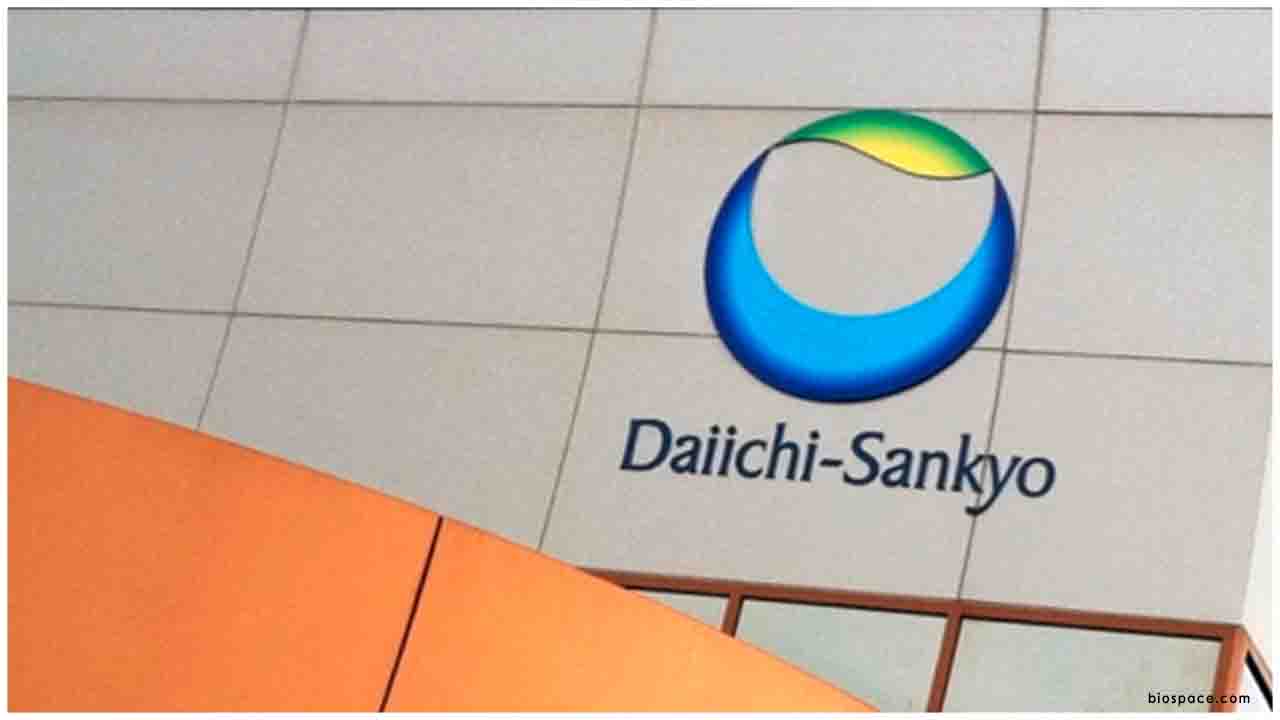AstraZeneca and Daiichi Sankyo Company, Limited (Daiichi Sankyo)’s trastuzumab deruxtecan has been recommended for conditional marketing authorisation in the European Union (EU) as a monotherapy for the treatment of adult patients with unresectable or metastatic HER2-positive breast cancer who have received two or more prior anti-HER2 based regimens.
In Europe, approximately 520,000 cases of breast cancer in women are diagnosed annually, with roughly one in five cases being HER2 positive. The impact of the disease is significant, with breast cancer responsible for more than 137,000 deaths per year.
Following review of the application under its accelerated assessment procedure, the Committee for Medicinal Products for Human Use (CHMP) of the European Medicines Agency (EMA) based its positive opinion on results from the registrational DESTINY-Breast01 Phase II trial, which were published in The New England Journal of Medicine, and the results from the Phase I trial published in The Lancet Oncology. In the DESTINY-Breast01 trial, trastuzumab deruxtecan demonstrated clinically meaningful and durable activity in patients who had received two or more prior anti-HER2 medicines.
An updated analysis from DESTINY-Breast01 was presented last week at the 2020 San Antonio Breast Cancer Symposium, reinforcing the durable efficacy and long-term safety and tolerability profiles of trastuzumab deruxtecan.
José Baselga, Executive Vice President, Oncology R&D, said: “The durable responses demonstrated in the DESTINY-Breast01 trial have never been seen before in this patient setting. If approved by the European Commission, physicians in Europe will have an important new treatment option for patients with previously treated HER2-positive metastatic breast cancer.”
Gilles Gallant, Senior Vice President, Global Head, Oncology Development, Oncology R&D, Daiichi Sankyo, said: “We are encouraged by the CHMP positive opinion given the significant unmet need for patients with HER2-positive metastatic breast cancer. Trastuzumab deruxtecan is already available for patients with HER2-positive metastatic breast cancer in the US and Japan, and we are now one step closer to bringing this important new medicine to patients in Europe.”

 The impact of the disease is significant, with breast cancer responsible for more than 137,000 deaths per year.
The impact of the disease is significant, with breast cancer responsible for more than 137,000 deaths per year.









.jpeg)











.jpg)








